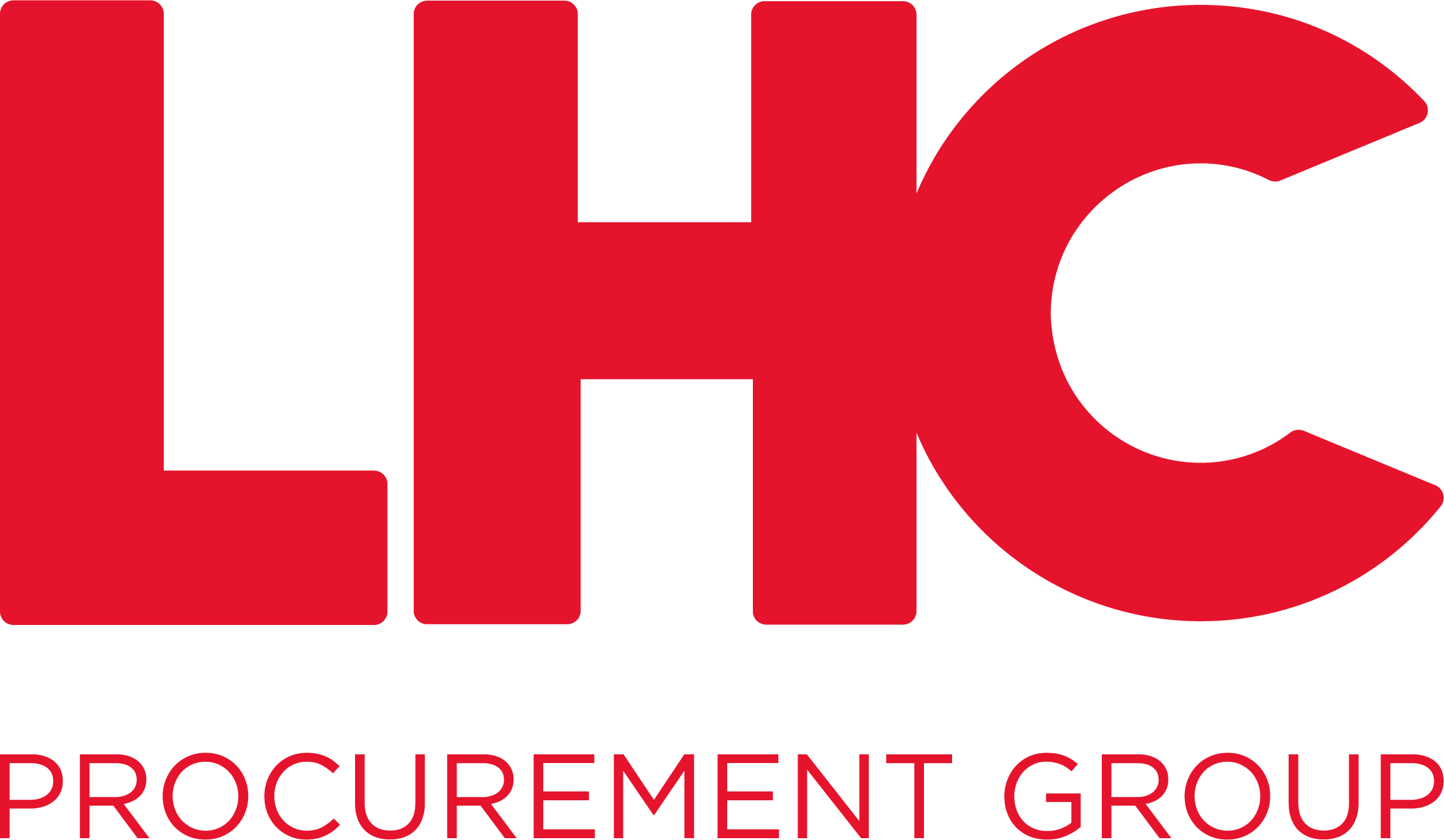LHC PG responds to Government’s delay of new Procurement Act: A prepared and flexible approach
The government’s recent announcement of a delay in implementing the new Procurement Act has sparked mixed reactions across the public sector.
While some may view this as an additional challenge, here at LHC Procurement Group (LHCPG) we are confident that this extra time will allow the market to achieve the full benefits that the Act is seeking to introduce.
Impact on the industry and LHCPG’s preparedness
Shona Snow, Director of Product Innovation at LHCPG, noted: “For the procurement industry at large, the delay introduces more time to adapt to some of the key shifts the new Act will bring, particularly around transparency, compliance, and supplier management.
“For example, one of the major changes is the introduction of mandatory transparency and pipeline notices. Many public sector organisations, already stretched, will welcome the extra breathing room to get their systems in place for the new requirements.
“The delay won’t have a huge impact on us. We had anticipated that with a new government in place, they might want to delay it to align with their priorities, and we had adjusted our pipeline of frameworks accordingly.”
Implications for clients and key concerns
Shona added that this additional time would allow for more training too.
“During our deep dive training with clients, there had been some concerns raised around the application of new thresholds to Dynamic Markets (DMs),” she explained. “Unlike Dynamic Purchasing Systems (DPSs), which have no thresholds and are ideal for low-value, high-volume spending, DMs face thresholds that could render them less useful for some public sector clients. This is one area where LHCPG hopes the Cabinet Office will use the extra time to reconsider.”
A mixed bag for SMEs
One of the anticipated benefits of the new Procurement Act is the introduction of measures aimed at reducing barriers to entry for small and medium-sized enterprises (SMEs). The creation of a Central Supplier Platform, designed to streamline supplier engagement and reduce the administrative burden on SMEs, is seen as a positive development.
Shona added: “With the delay, SMEs may now face disappointment as they will have to wait an additional four months for these changes to take effect.
“It’s something we’re keenly aware of at LHCPG, where we work hard to engage with and support SMEs. Frameworks like ADS1, MDC1 and CS1 have been specifically designed with SMEs in mind, reserving spaces for them and reducing certain criteria to create a more level playing field. The forthcoming N9 framework for decarbonisation works also has reserved spaces for SMEs. The majority of our frameworks are predominantly made up of SME suppliers, helping them to access a more stable pipeline of work.”
Shona emphasised that LHCPG clients, particularly those with tight schedules, will appreciate the extra time to get familiar with the new regulations, allowing them to transition smoothly when the new Act eventually comes into force.
LHCPG’s proactive approach to the delayed Procurement Act showcases its commitment to supporting its clients and the broader public sector. By designing flexible frameworks and offering comprehensive training programs, LHCPG is not only prepared for the legislative shift but is well positioned to help its clients navigate it.
While the delay may slow the implementation of certain positive changes, such as the Debarment List and Central Supplier Platform, LHCPG remains optimistic. The additional time allows for more thorough preparation, ensuring that when the new Procurement Act finally arrives, the public sector will be ready to embrace it.
For more information on the Procurement Act 2023, visit our Knowledge Hub.
https://www.lhcprocure.org.uk/knowledge-hub/procurement-reform/


